COURSE OVERVIEW
DE0162 : Electrical Submersible Pumps
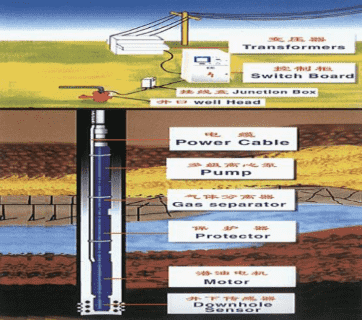
OVERVIEW
| COURSE TITLE | : | DE0162 : Electrical Submersible Pumps |
| COURSE DATE | : | Apr 15 - Apr 18 2024 |
| DURATION | : | 4 Days |
| INSTRUCTOR | : | Dr. Chris Kapetan |
| VENUE | : | Istanbul, Turkey |
| COURSE FEE | : | $ 7250 |
| Request For Course | ||
OTHER SCHEDULED DATES
Course Description
This practical and highly-interactive course includes real-life case studies and exercises where participants will be engaged in a series of interactive small groups and class workshops. Electrical Submersible Pump (ESP) is perhaps the most versatile and profitable piece of equipment in a petroleum company?s arsenal. ESP is considered an effective and economical means of lifting large volume of fluids from great depths under a variety of well conditions. It has advantages over some other high volume methods since it can create a higher drawdown on the formation and achieve more production. ESP major problems are the gas interference and the sand production. Nevertheless, the ESP companies, in conjunction with the major oil companies, have gained considerable experience in producing high viscosity fluids from gassy wells, sandy wells and high temperature wells. With this experience and improved technology, wells that were once considered non-feasible and submersibles are now being pumped economically. This course is designed to provide participants with a detailed and up-to-date overview on the application engineering of electrical submersible pumps. It covers the ESP systems and operations, head generation, impeller types and characteristics; the components of ESP system from surface to downhole sensor including their functions, limitations and operating principles; the equipment and accessories that make up the electric submersible pumping system; the main components of the ESP and their use and functions.Further, the course will also discuss the pump, transformers, controllers, VSD functions and benefits; the wellhead, tubing cable, cable guards, motor lead cable and intake/gas separator; the equalizer/protector, motor and instrumentation; the ESP installation considerations and cautions of standards and non-standards applications; the ESP installation procedures, reservoir formation and well considerations; the installation cautions and limitations; the design of an ESP system to fit current and future well conditions; the sizing principles for ESP artificial lift design and diagnosis; the ESP design procedure, sensitivity analysis and mechanical and electrical considerations; the steps to correctly size an electric submersible pump example problem; the impact on well and reservoir of ESP operation and the use of Nodal? analysis in ESP applications; the effects of gas on the performance of ESP; the amount of free gas present at the pump intake; the probability of gas interference and the appropriate measures to prevent gas locking; the problems sizing equipment for gassy wells and the ESP analysis and diagnostic; the diagnostic from installed instrumentation; and using diagnostic computer programs. During this intellective course, participants will learn the effects of viscosity on the performance of submersible pumps; the example problem in an application of a field with heavy oil properties to predict pump and motor performance; the ESP monitoring and maintenance, ESP troubleshooting, repair of failed components and ESP isolation and shutdown; the controls for ESP systems including variable speed drives; the ESP instrumentation available in the industry; the SCADA system, telemetry, PLC, ESD, VSD and troubleshooting; the ESP failure analysis, DIFA procedures, ESP inspection and failure mode; the data, record keeping and data analysis; the effects of artificial lift and ESP on project economics; the data analysis and interpretation examples; the optimization of ESP applications to improve project economics; the prediction of ESP performance under varying well and reservoir conditions; the analysis and diagnosis of real field examples from participants; and the presentations, concluding remarks from teams and the latest advances on ESP technology.
TRAINING METHODOLOGY
This interactive training course includes the following training methodologies:
LecturesWorkshops & Work Presentations
Case Studies & Practical Exercises
Videos, Software & Simulators
In an unlikely event, the course instructor may modify the above training methodology for technical reasons.
VIRTUAL TRAINING (IF APPLICABLE)
If this course is delivered online as a Virtual Training, the following limitations will be applicable:
| Certificates | : | Only soft copy certificates will be issued |
| Training Materials | : | Only soft copy materials will be issued |
| Training Methodology | : | 80% theory, 20% practical |
| Training Program | : | 4 hours per day, from 09:30 to 13:30 |
RELATED COURSES
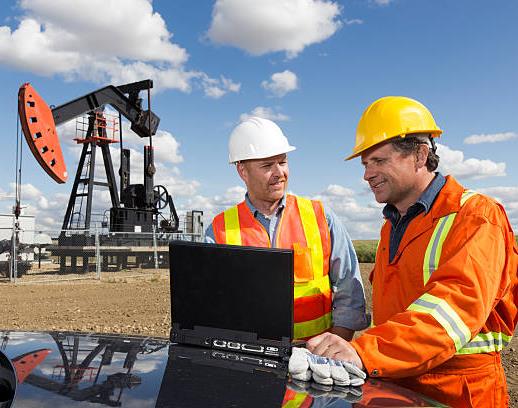
DE0920 : Artificial Lift ESP Downhole Equipment
- Date: Jan 12 - Jan 16 / 3 Days
- Location: Istanbul, Turkey
- Course Details Register
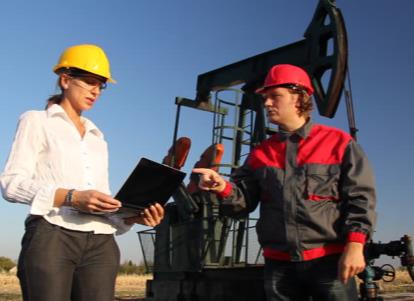
DE0409 : Field Development and Carbonate Reservoir
- Date: Jan 19 - Jan 23 / 3 Days
- Location: Doha, Qatar
- Course Details Register
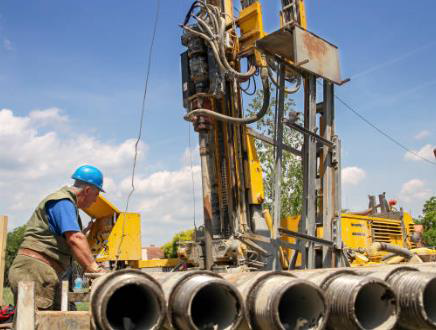
DE0766 : Advance Drilling Optimization for HPHT Wells
- Date: Feb 02 - Feb 06 / 3 Days
- Location: Doha, Qatar
- Course Details Register
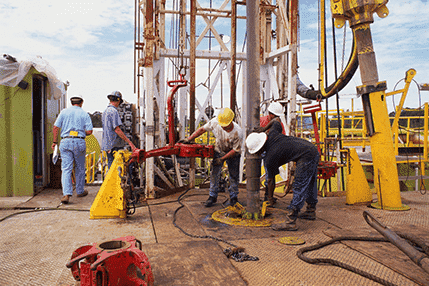
DE0500 : Screening of Oil Reservoirs for Enhanced Oil Recovery
- Date: Jan 12 - Jan 16 / 3 Days
- Location: Dubai, UAE
- Course Details Register
